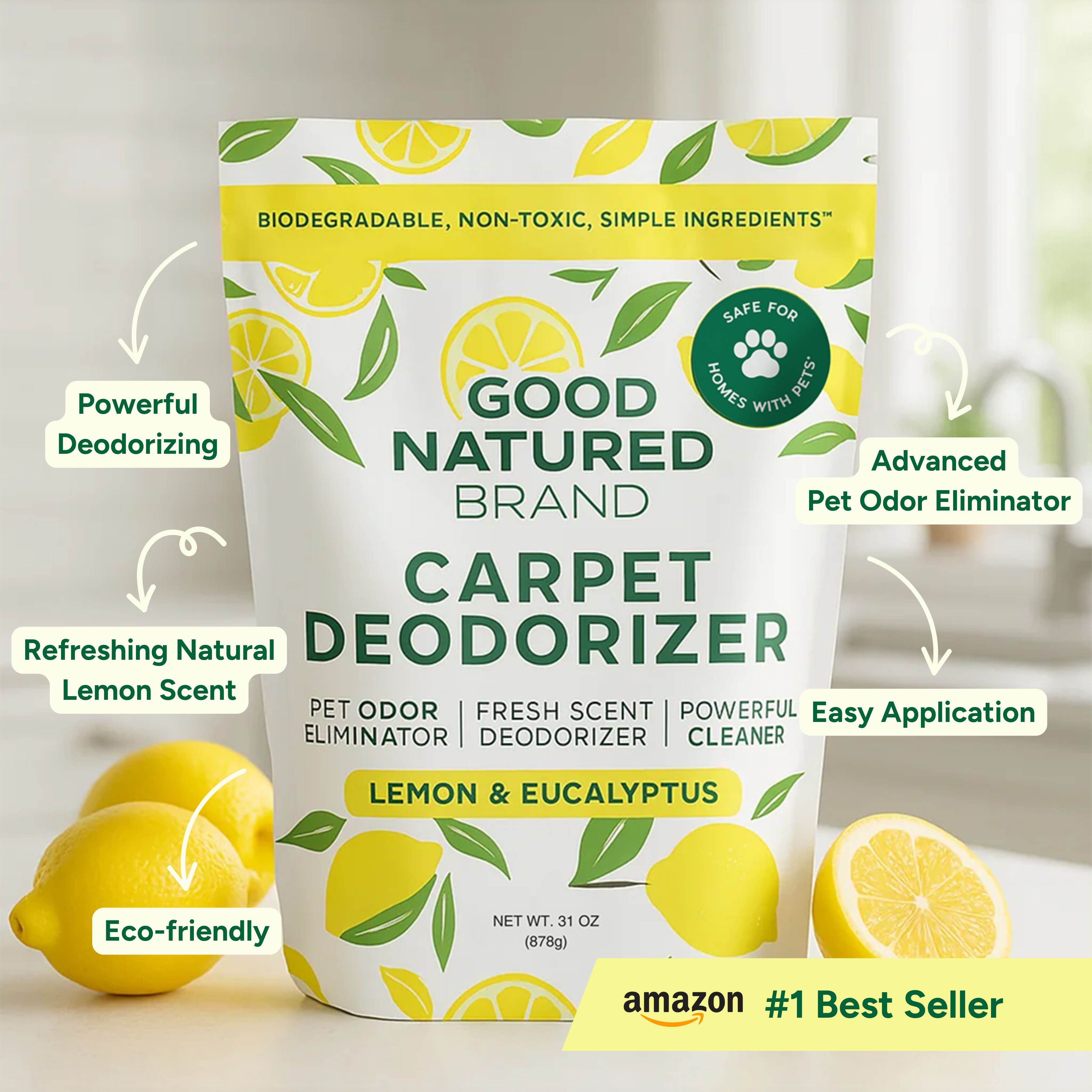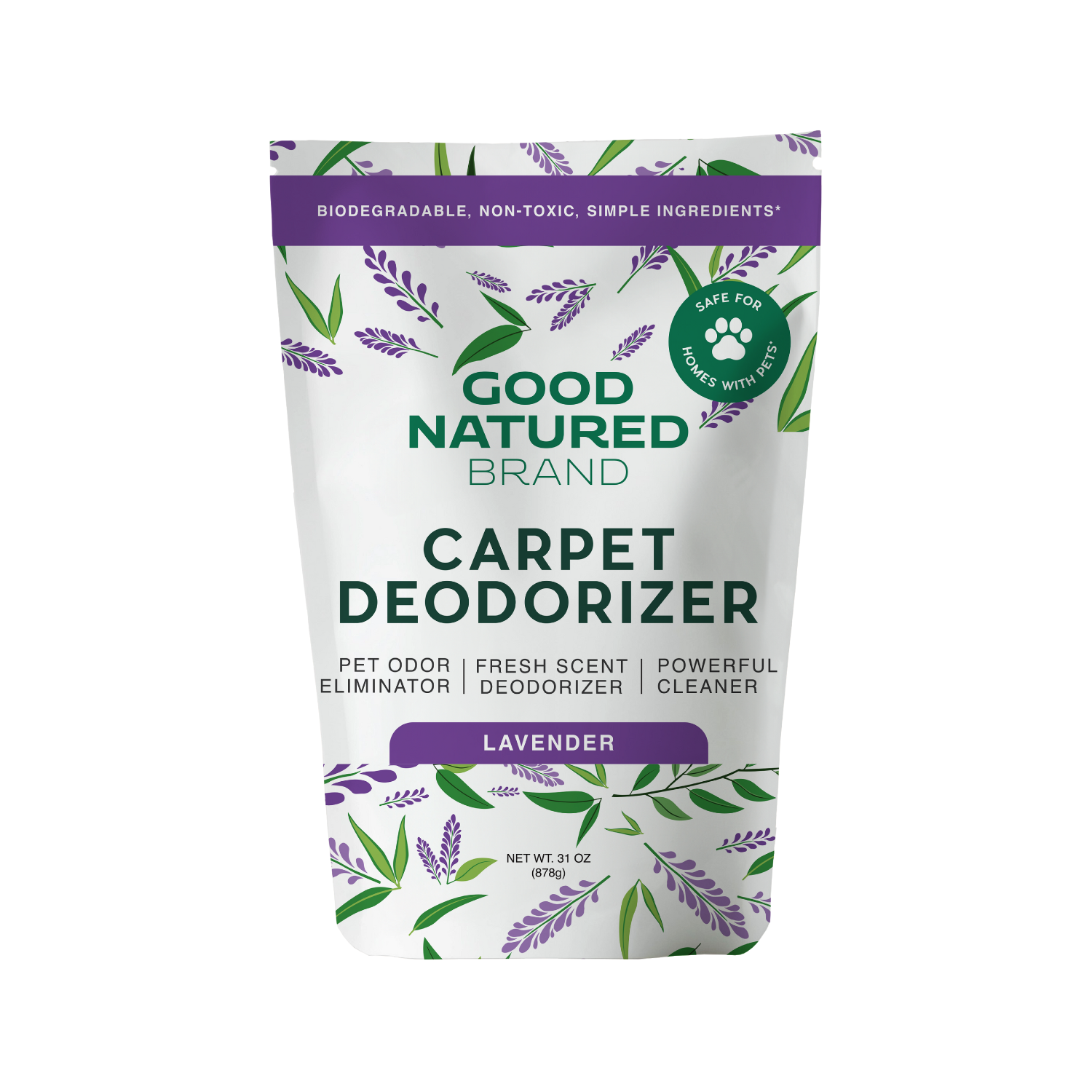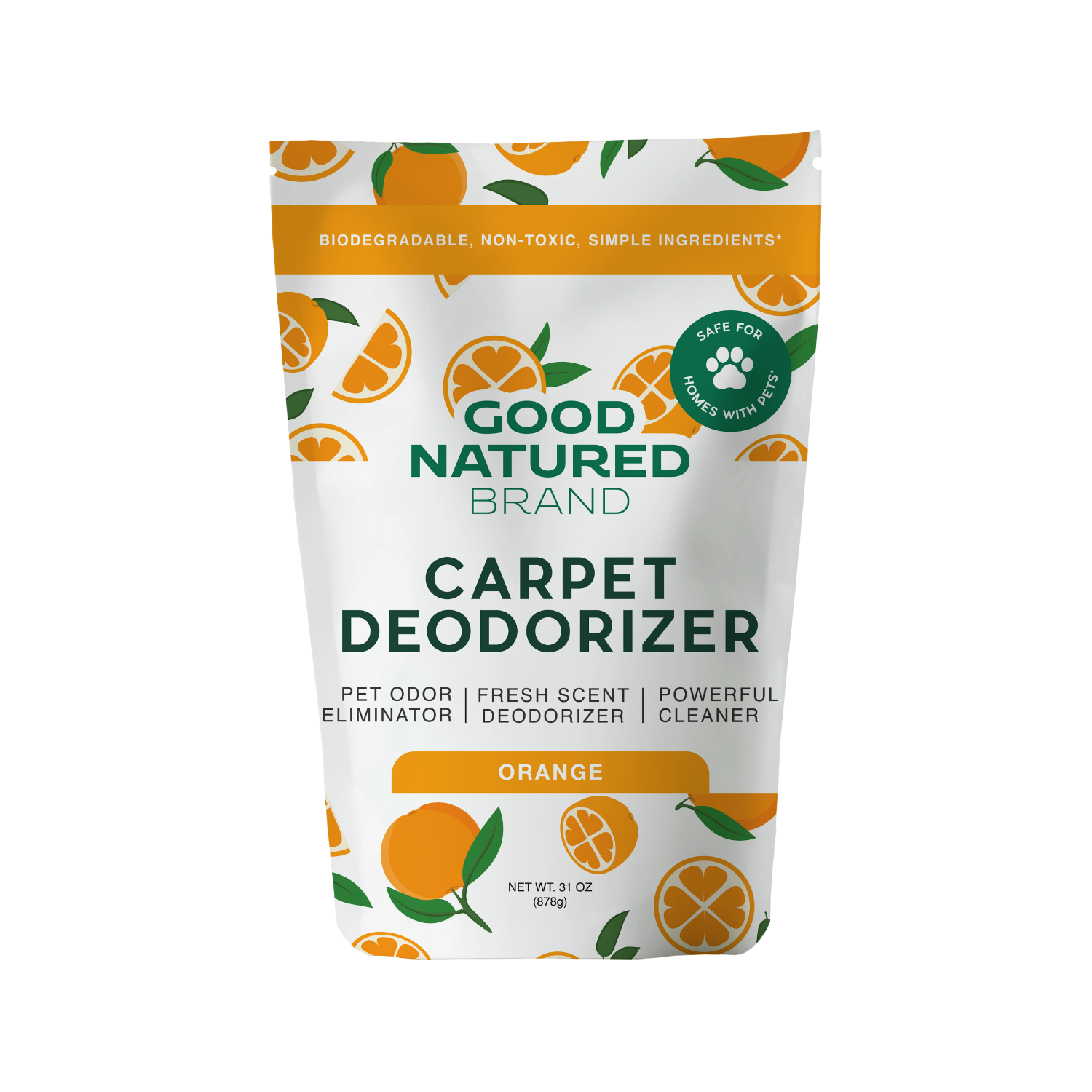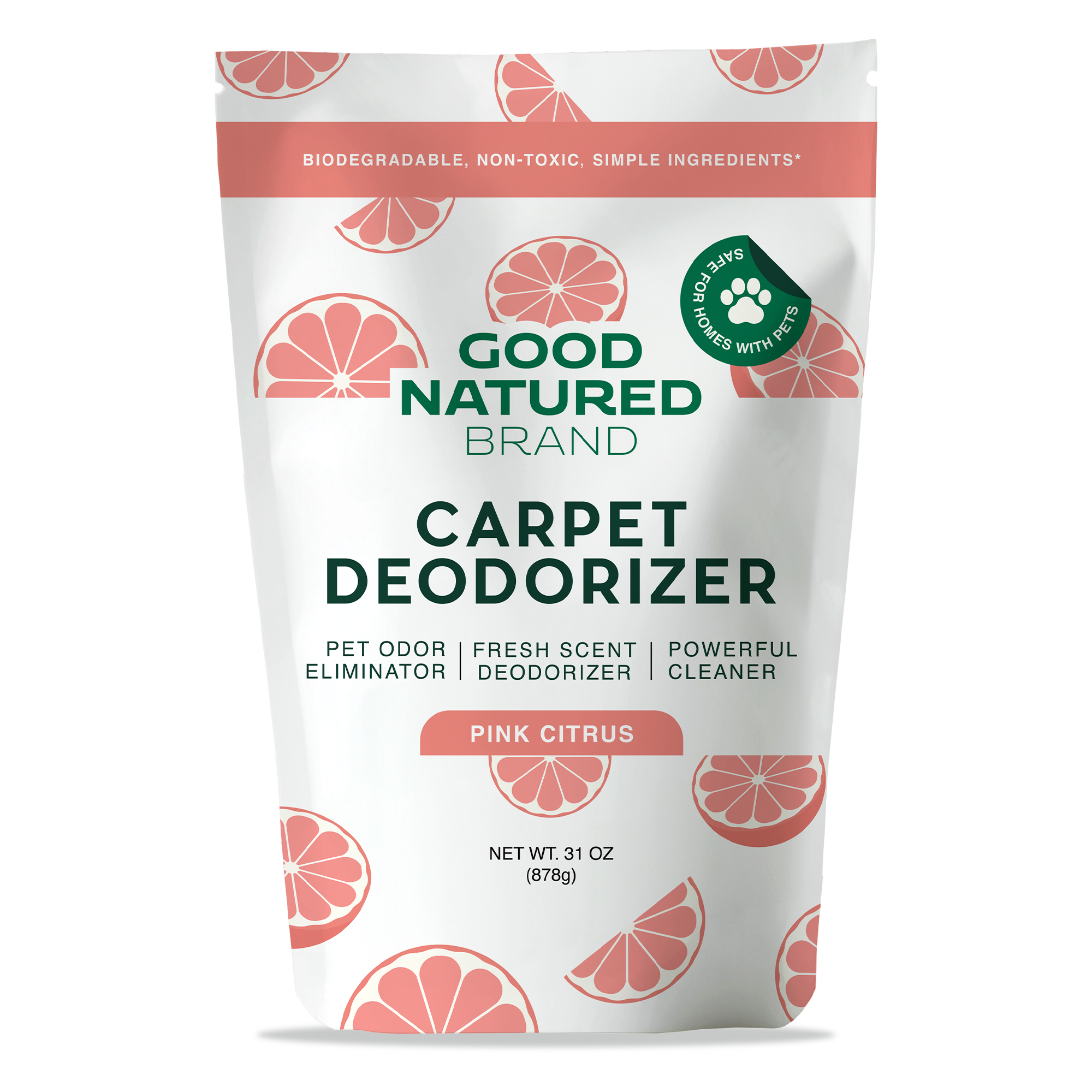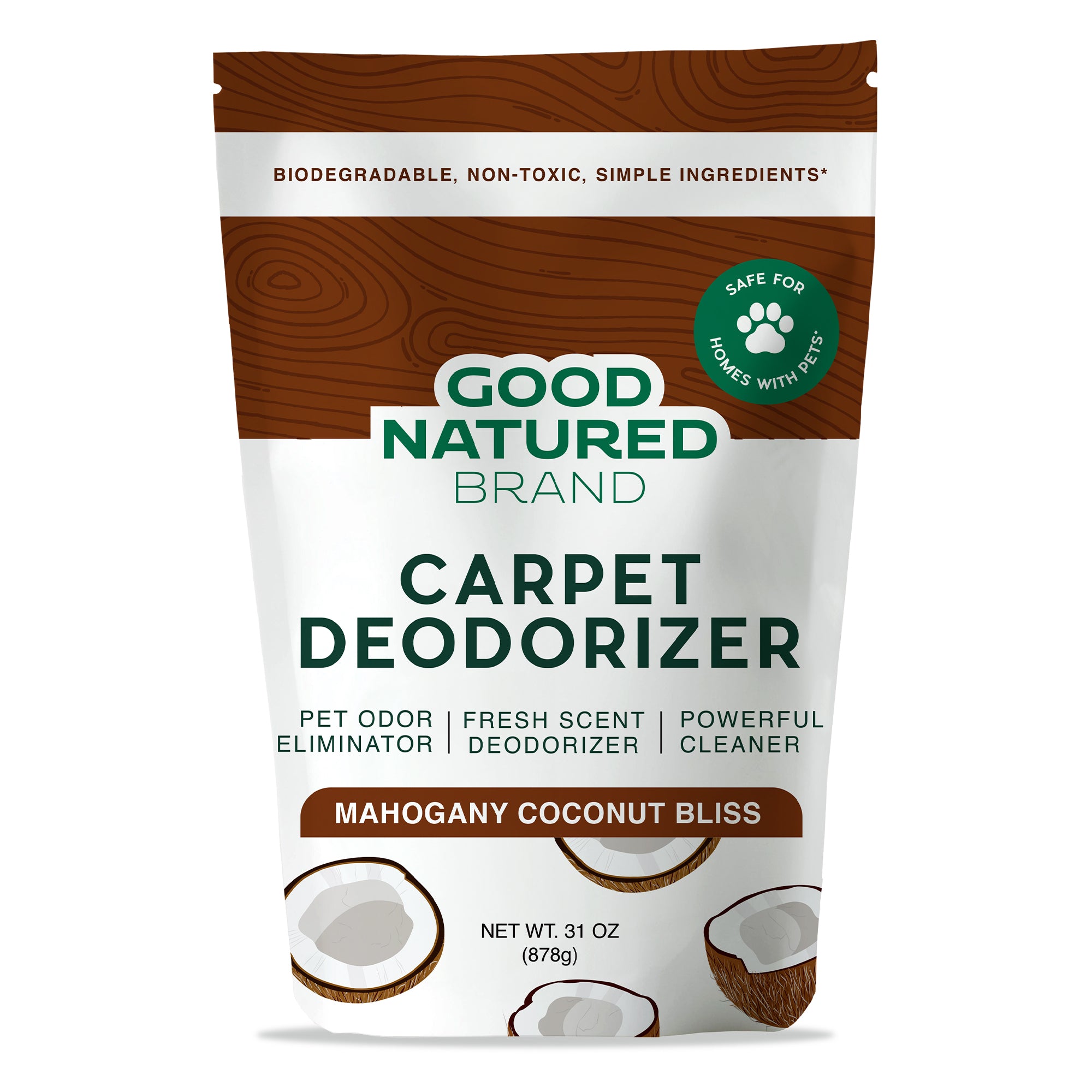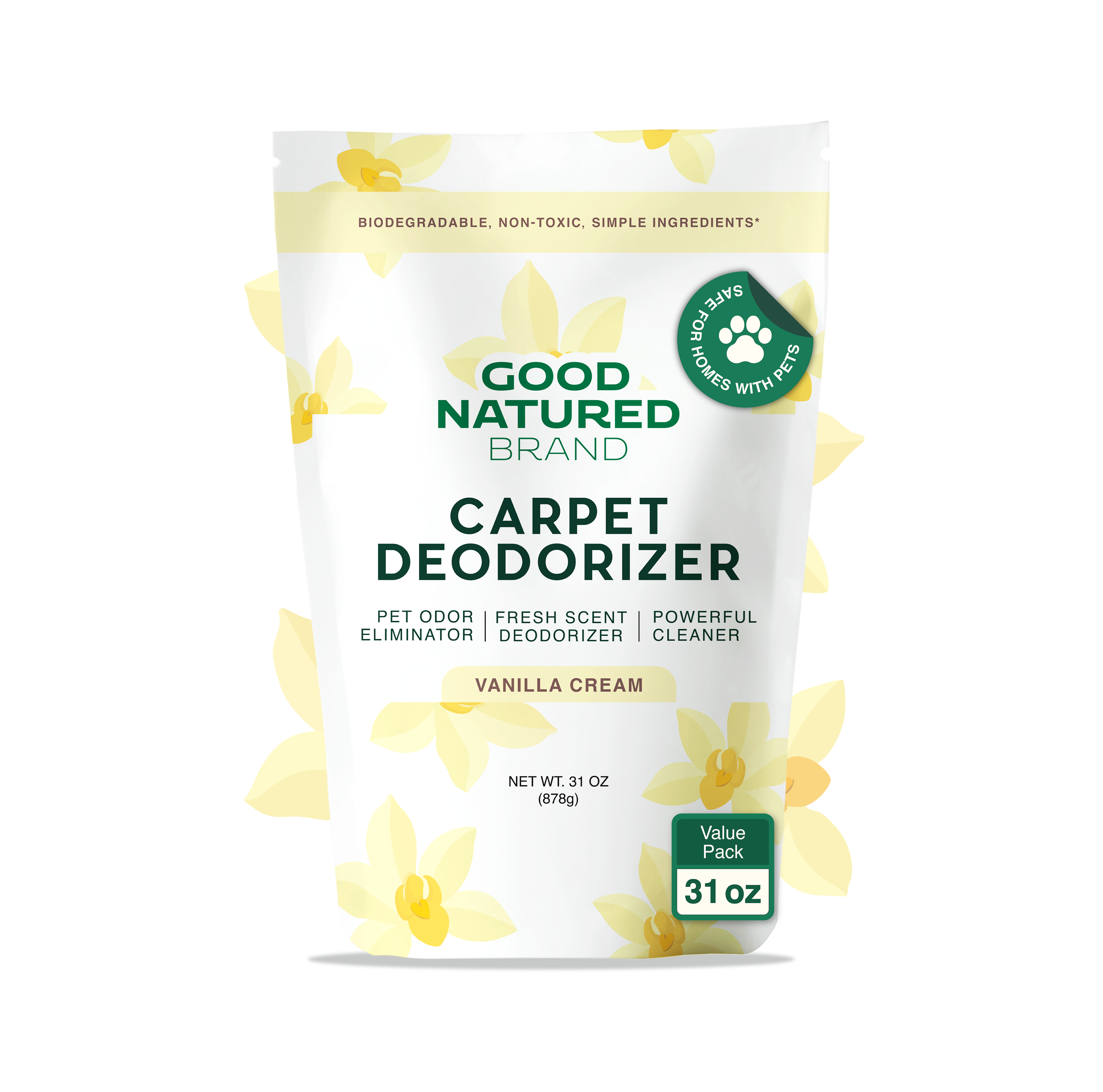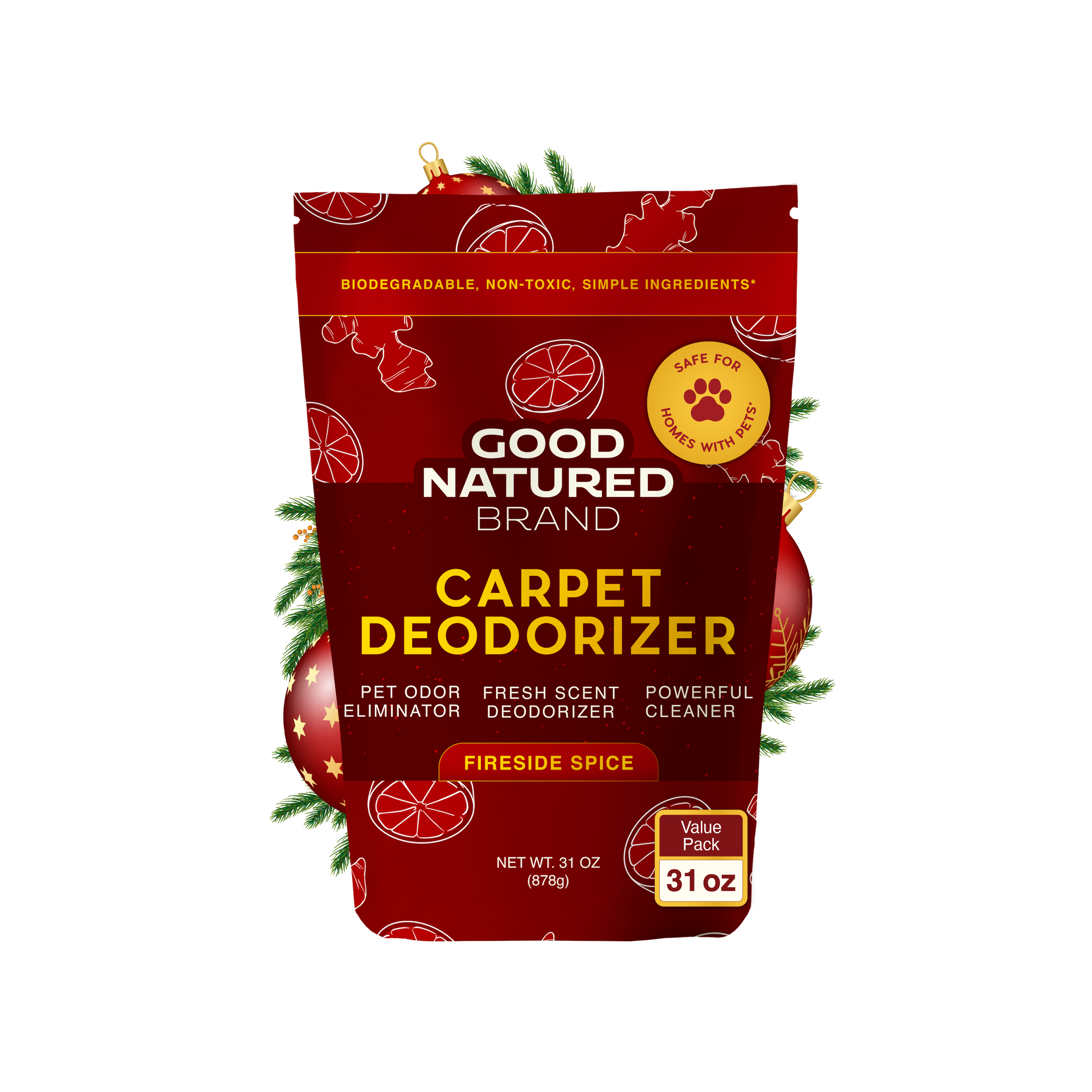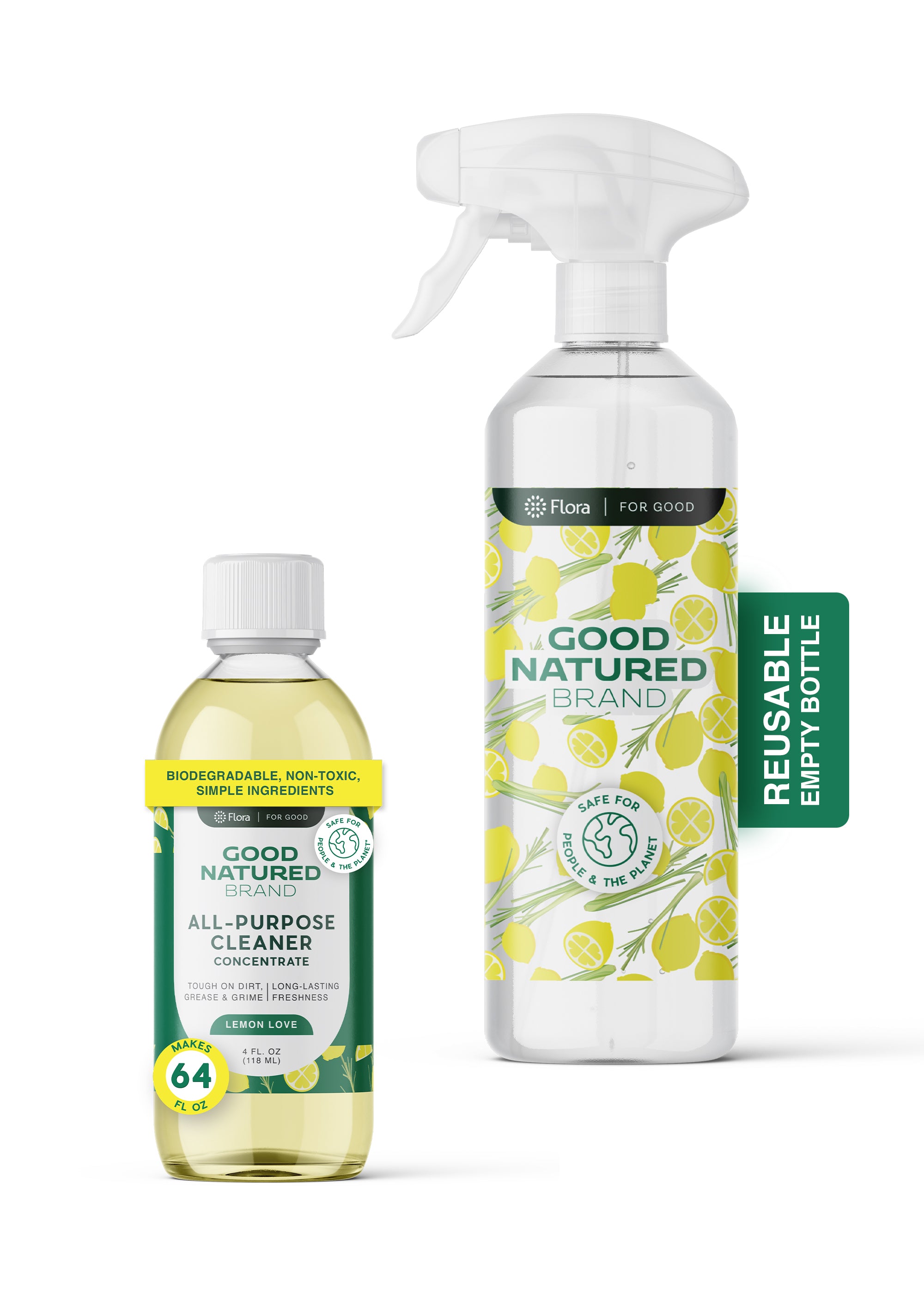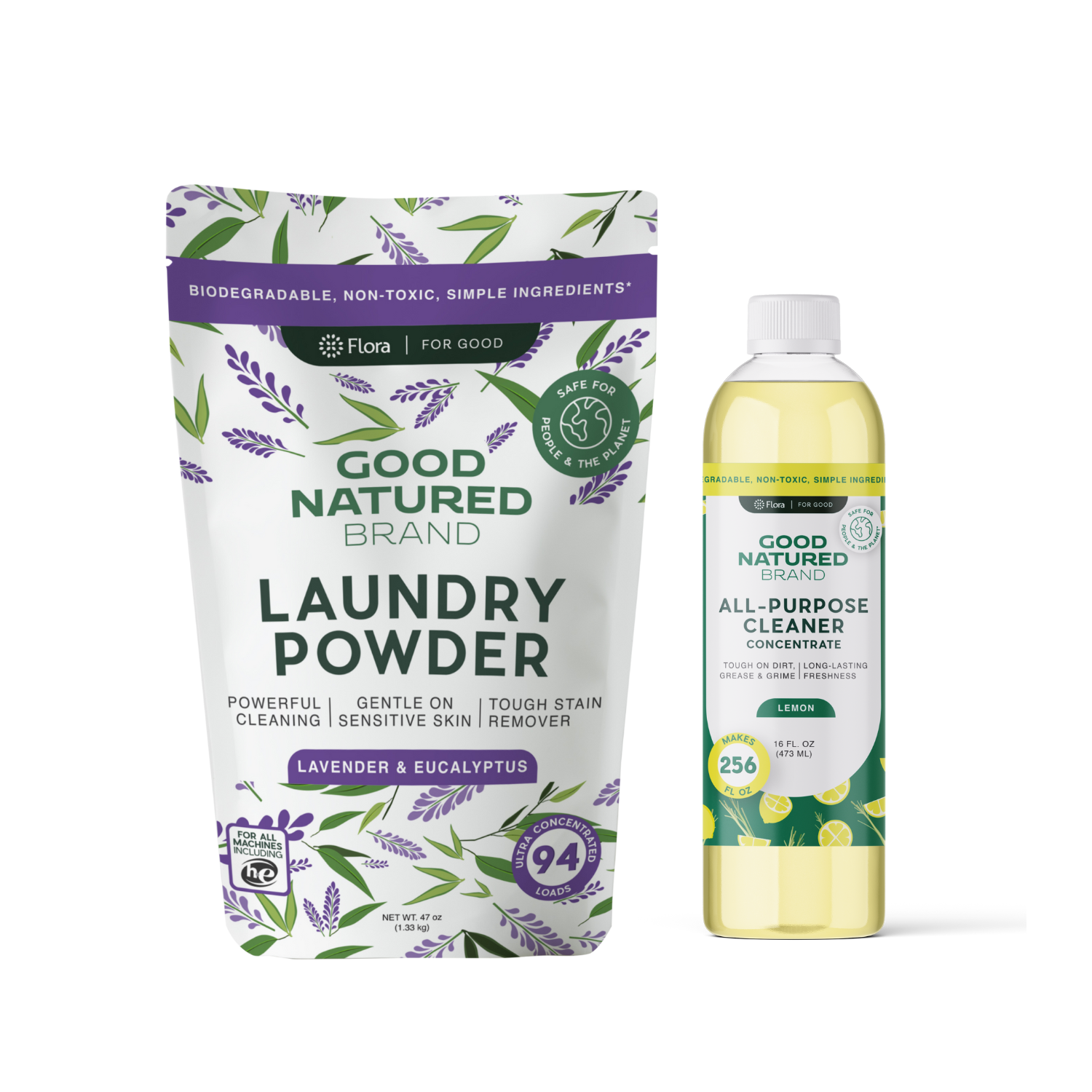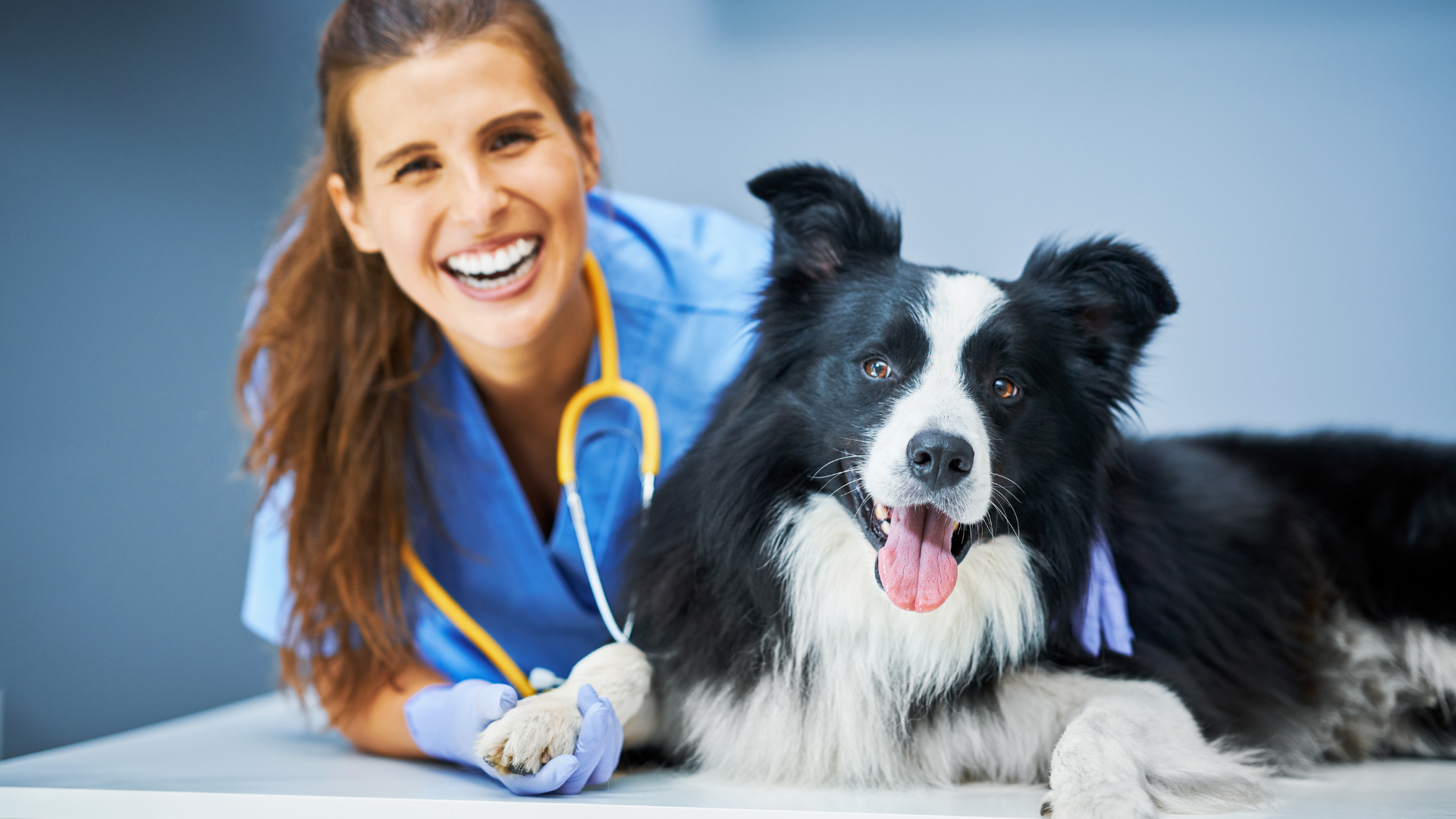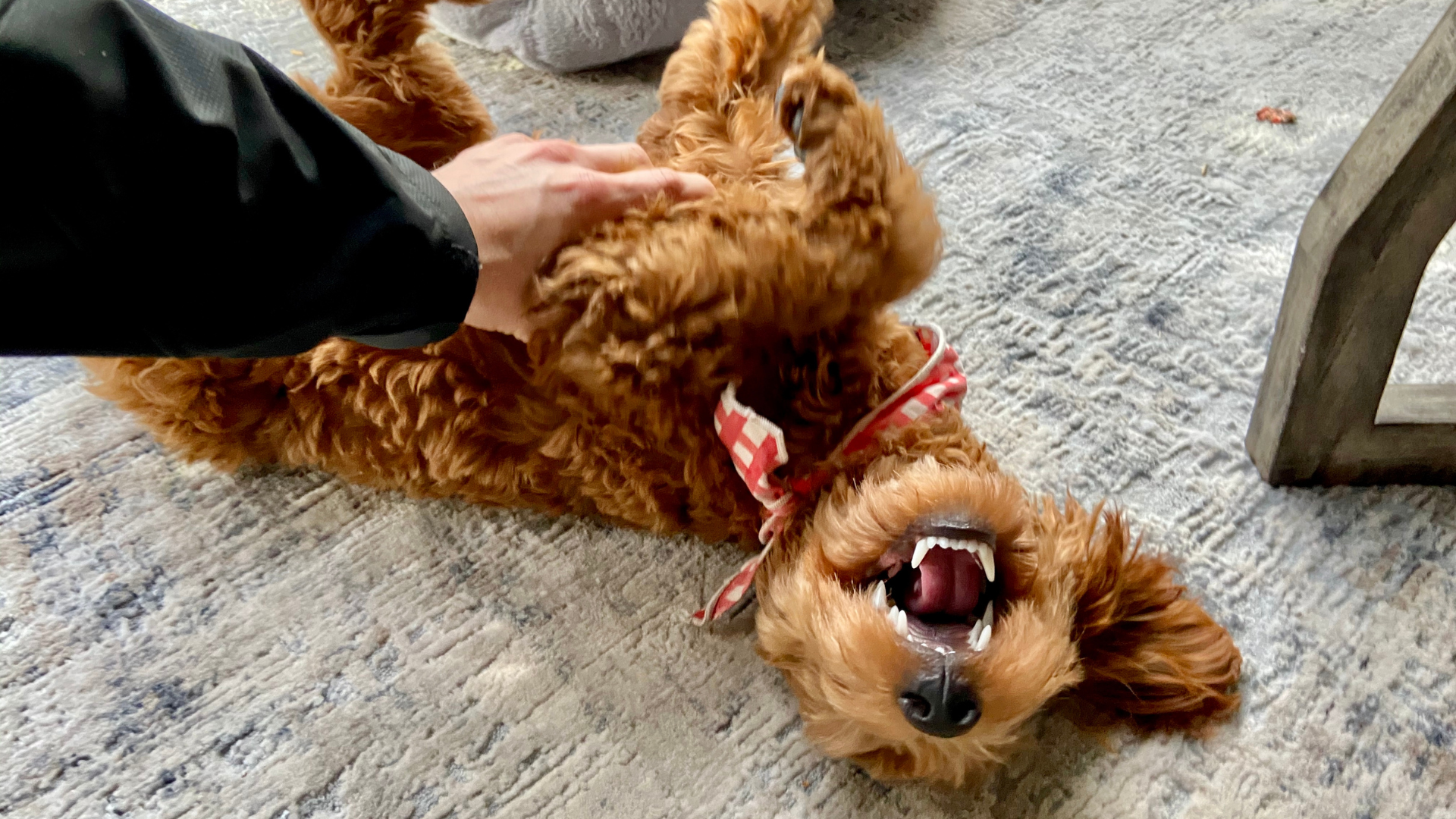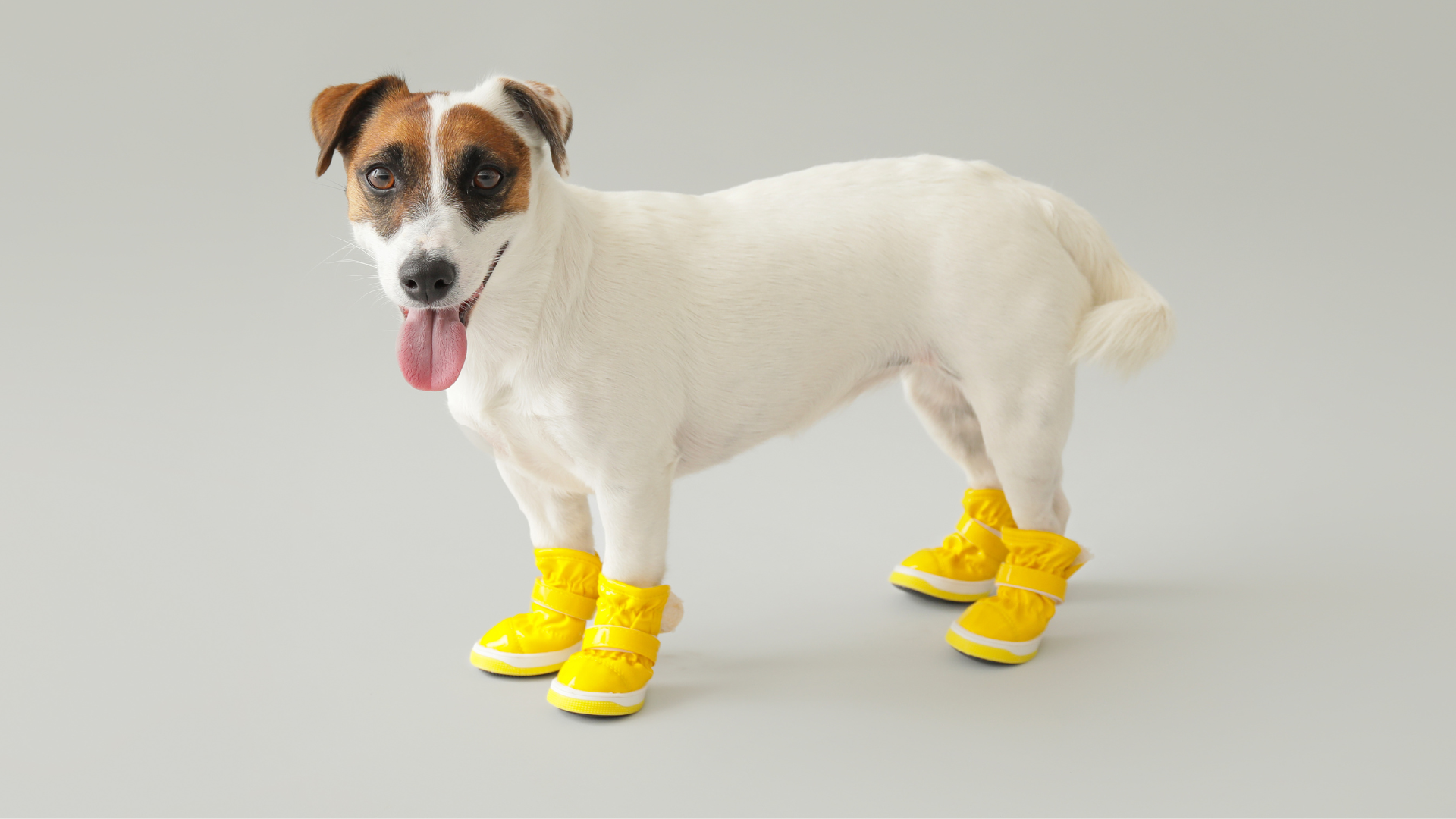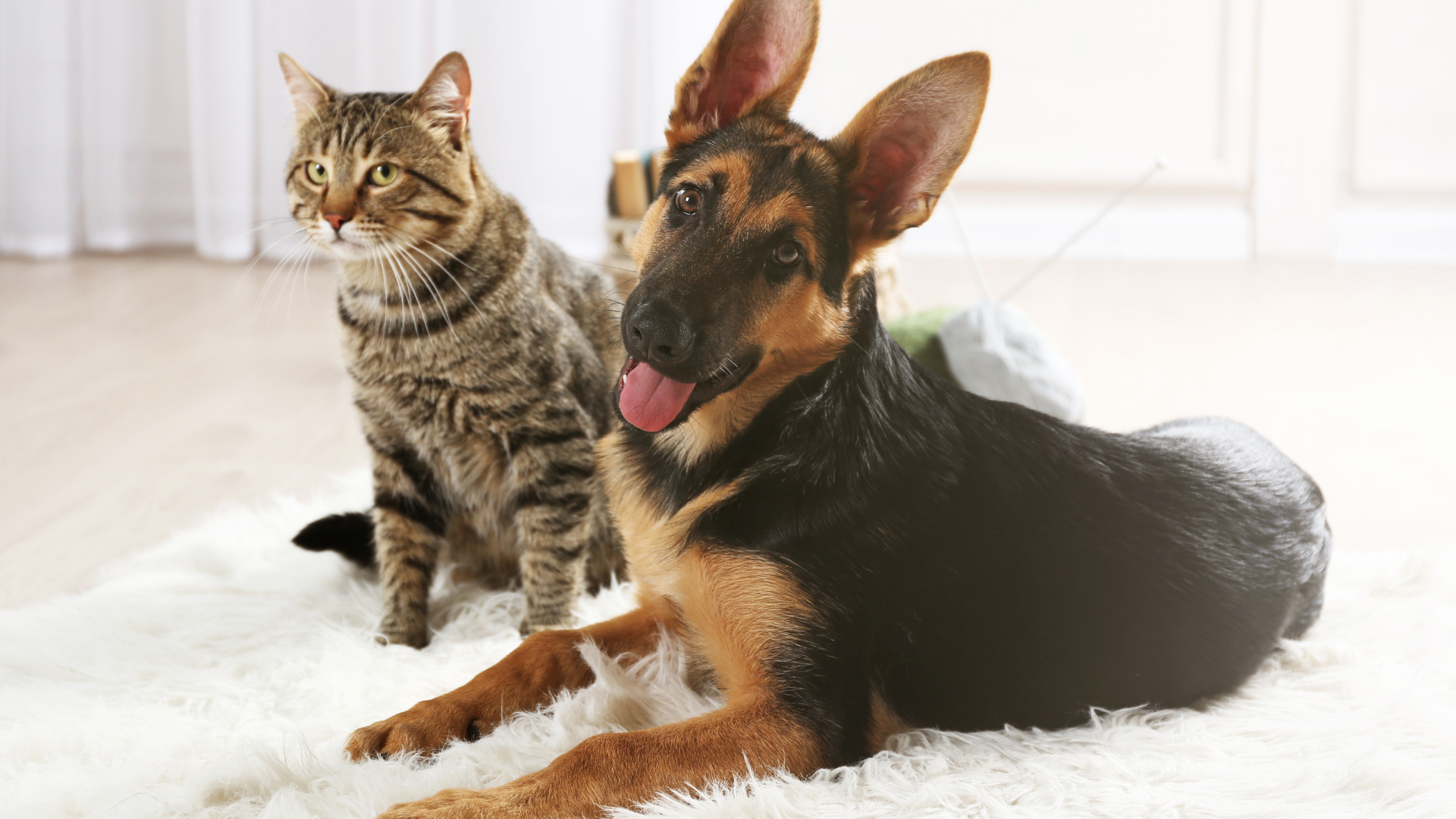If you’ve ever caught your dog quietly passing gas and wondered, “does a dog fart?”, the short answer is yes — they absolutely do. Just like humans, dogs experience flatulence as part of their normal digestive process.
Occasional dog farts are completely normal and typically nothing to worry about. However, frequent or especially smelly gas can sometimes signal dietary issues, health concerns, or poor digestion. Understanding why dogs fart can help you distinguish what’s normal and what needs attention.
In this article, we’ll explore why dogs fart, what causes excessive gas, and how to tell the difference between normal and abnormal flatulence—all while keeping your home fresh when your furry friend gets gassy.
Why Do Dogs Fart?
Dog farts are a natural part of digestion. When food is broken down in the stomach and intestines, gases like hydrogen, methane, and carbon dioxide are produced. These gases build up in the digestive tract and eventually exit as flatulence.
There are two main ways this gas forms:
-
Swallowed air (aerophagia): Dogs that eat or drink quickly gulp air along with their food, which later gets released as gas.
-
Fermentation in the gut: Bacteria in your dog’s intestines break down certain foods and create gas as a byproduct.
While this might sound unpleasant, occasional farting simply means your dog’s digestive system is working as it should.
What Causes Excessive Dog Farts?
Although occasional gas is normal, excessive flatulence can indicate an underlying cause. These causes can be dietary, health-related, or even behavioral.
Diet-Related Causes
-
Sudden changes in food: Switching your dog’s food abruptly can disrupt their gut flora and trigger gas.
-
Low-quality dog food: Fillers, artificial additives, and hard-to-digest proteins often increase flatulence.
-
High-fat or high-fiber foods: These are harder to digest and produce more gas during breakdown.
-
Human table scraps: Dairy, fatty leftovers, or spicy foods can upset your dog’s stomach and lead to foul-smelling gas.
Health-Related Causes
-
Food allergies or intolerances: Certain proteins or grains can inflame your dog’s gut and cause chronic gas.
-
Intestinal parasites: Worms or protozoa can disrupt digestion and create gas buildup.
-
Inflammatory bowel disease (IBD): Chronic gut inflammation can trigger bloating, diarrhea, and flatulence.
-
Pancreatitis or malabsorption issues: If your dog can’t break down nutrients properly, it can result in excessive gas and loose stools.
Behavioral Causes
-
Anxiety or stress: Dogs can swallow extra air when nervous, leading to increased gas.
-
Sedentary lifestyle: Lack of exercise slows digestion, giving gas more time to build up.
-
Eating too fast: Gulping food means more air goes in with every bite, which eventually comes out as gas.
Identifying the cause is the first step in reducing excessive flatulence and improving your dog’s comfort.
What Is Normal vs Abnormal Dog Flatulence?
It’s important to understand the difference between normal and abnormal dog farts, so you can take action if something seems off.
Normal dog farts usually include:
-
Mild, occasional gas (once or twice a day)
-
Little to no odor
-
No changes in appetite, energy, or stool quality
Abnormal dog farts may involve:
-
Frequent gas throughout the day
-
Extremely foul-smelling odor (like sulfur or rotten eggs)
-
Accompanying symptoms such as:
-
Diarrhea or vomiting
-
Bloating or distended belly
-
Lethargy or loss of appetite
If your dog’s flatulence is persistent, very smelly, or paired with other digestive issues, consult your veterinarian to rule out underlying conditions.
Do Some Dog Breeds Fart More Than Others?
Yes — some breeds are naturally more prone to farting than others, often due to their anatomy or eating habits.
Flat-faced (brachycephalic) breeds, such as:
-
Bulldogs
-
Pugs
-
Boxers
These breeds swallow more air while eating or breathing due to their short snouts, which leads to more gas production.
Large, deep-chested breeds, such as:
-
Labrador Retrievers
-
German Shepherds
They are prone to gulping food quickly and swallowing air, increasing their risk of flatulence.
While breed plays a role, diet and lifestyle choices have a much larger impact on how gassy your dog becomes.
Is Dog Farting a Sign of a Health Problem?
Occasional gas is normal, but persistent or very smelly flatulence can sometimes signal an underlying health problem.
See your vet if your dog has chronic gas alongside:
-
Frequent diarrhea or soft stools
-
Vomiting
-
Visible abdominal bloating or pain
-
Unexplained weight loss
-
Refusal to eat or decreased appetite
Your veterinarian may run stool tests, bloodwork, or food allergy trials to pinpoint the cause and recommend treatment.
Keeping Your Home Fresh When Your Dog Is Gassy
Gas itself may not make a mess, but sometimes it comes with surprises—like accidental stains or lingering pet odors. To keep your home fresh while your dog adjusts to a less gassy diet:
-
Use Carpet Deodorizers on rugs and carpets to eliminate any lingering pet smells.
-
Wash your dog’s blankets and bedding often using Laundry Powders to remove odors and bacteria.
-
Wipe down hard floors, feeding areas, and furniture surfaces with All-Purpose Cleaners to maintain a clean, odor-free environment.
This helps maintain a fresh home atmosphere while you work on reducing your dog’s flatulence.
How to Reduce Dog Farts Through Diet
If your dog seems extra gassy, the first thing to look at is their diet, as it’s the most common cause of flatulence in dogs. Making smart dietary changes can reduce gas significantly.
Key diet strategies include:
-
Gradually transition foods: Sudden changes can shock your dog’s gut microbiome and create gas. Always introduce new food over 7–10 days.
-
Choose high-quality dog food: Look for recipes with digestible proteins (like chicken or salmon), no artificial fillers, and balanced fiber.
-
Avoid table scraps: Dairy, spicy leftovers, and fatty human foods often trigger gas and diarrhea in dogs.
-
Limit high-fiber treats: Too much fiber can lead to fermentation in the gut, increasing gas.
-
Try adding probiotics: Under veterinary guidance, probiotics can help balance your dog’s digestive bacteria and reduce gas buildup.
Even small tweaks, like avoiding sudden food changes, can make a huge difference in how often your dog passes gas.
Feeding Habits That Reduce Gas in Dogs
Besides what you feed, how your dog eats also affects their gas levels. Swallowing air during meals contributes to flatulence, especially in fast eaters.
Tips to improve feeding habits:
-
Use slow-feeder bowls or puzzle feeders to slow down fast eaters and reduce air swallowing.
-
Offer smaller, more frequent meals instead of one or two large meals per day.
-
Keep water separate from food to discourage gulping large amounts during meals.
-
Create a calm eating environment to prevent anxious gulping.
These adjustments support better digestion and reduce the amount of air trapped in your dog’s stomach and intestines.
Exercise and Lifestyle Tips to Prevent Excessive Dog Farts
A sedentary lifestyle can contribute to slow digestion and excessive gas buildup. Increasing your dog’s physical activity and reducing stress can cut down on farting.
Lifestyle adjustments to try:
-
Daily exercise: Regular walks, playtime, and short training sessions keep the digestive system moving efficiently.
-
Mental stimulation: Puzzle toys and training games relieve boredom and anxiety that can contribute to gulping air.
-
Weight management: Overweight dogs are often more gassy; exercise can help maintain a healthy body condition.
-
Stress reduction: A calm, structured daily routine lowers stress-related swallowing of air, especially in anxious dogs.
Consistency is key—these habits gradually improve digestion and reduce gas over time.
Home Remedies for Dog Farts (With Vet Approval)
While diet and lifestyle are the biggest factors, a few simple home remedies can help reduce gas if used safely and with your vet’s approval.
Common home remedies include:
-
A spoonful of pumpkin: Adds soluble fiber to firm up stool and support digestion.
-
Probiotic supplements: Can help rebalance the gut microbiome and reduce fermentation-related gas.
-
Digestive enzyme supplements: Aid in breaking down fats and proteins to prevent malabsorption gas.
-
Herbal aids like fennel or ginger: Sometimes used under veterinary guidance to soothe digestion.
Always consult your vet before starting supplements to ensure they’re safe for your dog’s health condition.
Keeping Your Home Clean and Odor-Free When Your Dog Farts
Even though dog farts don’t usually make a mess, they can leave behind lingering odors, and occasional gas-related accidents can happen if your dog has stomach upset. Keeping your home clean will make life with a gassy dog much more pleasant.
Cleaning and odor-control tips:
-
Sprinkle Carpet Deodorizers on rugs and carpets to neutralize stubborn pet odors and refresh the fibers.
-
Wash dog blankets, bedding, and cloth toys regularly using Laundry Powders to eliminate odors and bacteria buildup.
-
Wipe down feeding areas, floors, baseboards, and furniture legs with All-Purpose Cleaners to remove residue and keep your home hygienic.
-
Keep a designated “pet rest area” with washable covers to make cleanup easier during bouts of tummy trouble.
By maintaining a clean space, you can keep your home smelling fresh even if your dog is having a particularly gassy week.
Common Myths About Dog Farting
There are many myths about canine flatulence that can confuse pet parents. Clearing them up can help you make better decisions about your dog’s health.
Myth: Dogs don’t fart
False. All dogs fart as part of their normal digestion.
Myth: Only unhealthy dogs fart
Not true. Even perfectly healthy dogs experience occasional gas.
Myth: Smelly dog farts are always normal
Very foul or sulfur-like odors can signal digestive issues or dietary intolerance.
Myth: Changing foods often will reduce gas
In fact, frequent diet changes can disrupt gut bacteria and increase flatulence.
Knowing the truth behind these myths can prevent unnecessary worry and ensure your dog gets the right care.
More Resources for Pet Parents
Managing your dog’s gas often requires patience, small diet changes, and good home care. For more guides on pet care, wellness, and keeping a fresh home, explore the Good Natured Brand Blog.
You can also shop the Good Natured Brand website for eco-friendly cleaning essentials designed to keep your home safe, fresh, and pet-friendly.
Does a Dog Fart?
So, does a dog fart? Absolutely — and it’s usually just a normal part of being a dog. While an occasional fart is harmless, excessive or especially smelly gas can point to diet issues, poor digestion, or health problems.
With the right balance of healthy food, improved feeding habits, daily exercise, and regular cleaning, you can minimize your dog’s gas and enjoy a fresher, happier home.
